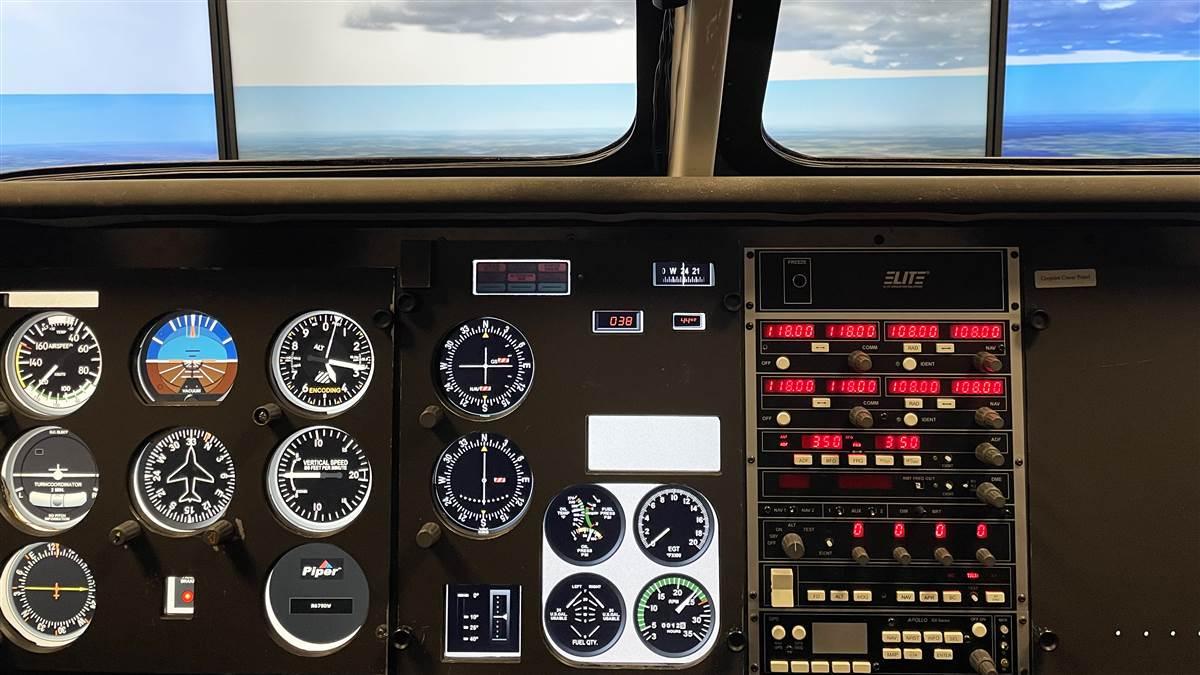Safety begins on the ground

All pilots have been informed, ad nauseum, about the importance of preflight planning and its value in preventing accidents. What does that mean nowadays? Sure, getting a weather brief 48 or 24 hours in advance of a cross-country trip is smart, as is really laying out your flight plan. Planning for the unexpected is also most important—what is plan B or even plan C?
In today’s world of general aviation, we are fortunate to have so many more cockpit aides than our earlier aviators had in their flight kits. In addition to ADS-B, GPS, electronic flight bags (such as ForeFlight, Stratus with on-board weather, traffic, and much more) and yet accidents in GA remain a major concern for all the alphabets (NTSB, FAA, AOPA, EAA, and others) that monitor the skies for us.
Technology today, with the availability of various FAA-approved training devices (BATD, AATD, FTD), or flight simulators, offers unparalleled opportunities to prepare for the unexpected. Utilizing these training devices, under the watchful eye of a seasoned instructor, any pilot— the student, the beginner, the intermediate, or the highly-experienced, high-time military or airline pilot— can be more proficient and more importantly, more prepared.
 Many GA pilots resist using these training devices because they often view them as a “video game.” You will also frequently hear “It doesn’t fly like my airplane!” Unfortunately, what this misguided notion misses is the opportunity to sharpen and hone those memory items that are so necessary when the unexpected happens. For instance, when a system failure such as a vacuum pump and the infamous “six-pack” goes partial panel, an alternator failing causes your battery to drain, and that expensive glass panel that is about to go dark.
Many GA pilots resist using these training devices because they often view them as a “video game.” You will also frequently hear “It doesn’t fly like my airplane!” Unfortunately, what this misguided notion misses is the opportunity to sharpen and hone those memory items that are so necessary when the unexpected happens. For instance, when a system failure such as a vacuum pump and the infamous “six-pack” goes partial panel, an alternator failing causes your battery to drain, and that expensive glass panel that is about to go dark.
Now what?
Now give some thought to the value of accident prevention beginning on the ground. Visiting a simulator center for a two-hour session once a month or every other month with a well-maintained, FAA-approved equipment (non-motion or motion) using scenarios to test, hone, and strengthen your skill and reaction to the dreaded unexpected events.
The investment of your time, energy, and money are incalculable when confronted with a system or power loss over a metropolitan area or desolate mountainous terrain.
What better way to develop preflight accident prevention on the ground than when you can repeat a scenario as often as needed to satisfy your desire and the atta-boy or atta-girl from a respected instructor.
About National Flight Simulator
National Flight Simulator is an aviation training center for pilots, located in Manchester, New Hampshire (MHT). We provide both initial training and insurance company-approved recurrent training as well as private pilot, instrument, CFI, proficiency, and more. We are the only insurance company-approved, simulator-based training center in New England. National Flight Simulator utilizes FAA-approved FTDs to fulfill insurance-mandated annual training in cabin class piston twins, turboprop twins, high-performance single-engine, and turboprop single engine aircraft.